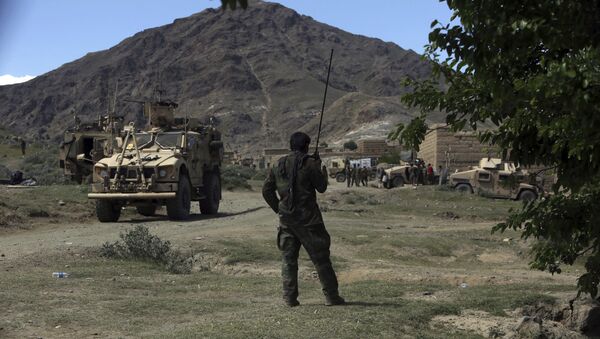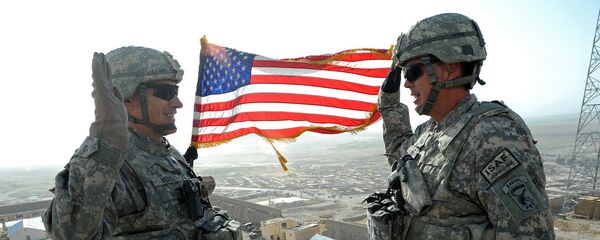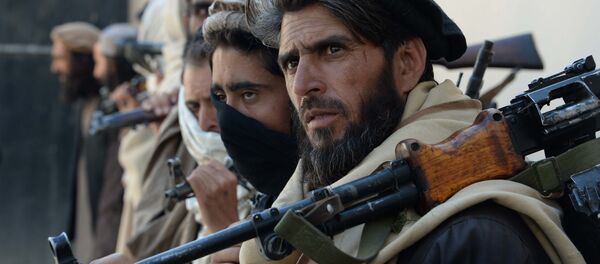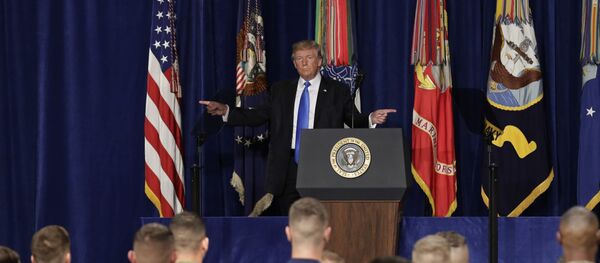US Forces-Afghanistan Commander Army Gen. John Nicholson didn’t say whether additional troops were part of the "capabilities," but on Tuesday his superior, US Central Command head Army Gen. Joseph Votel, said that more troops could be on the ground in the coming weeks.
The New York Times quoted Nicholson at a press conference in Kabul saying, "There will be additional capabilities, some of that is already arriving, but we are not going to talk about the specific numbers … We are not going to telegraph to the enemy what it is we are going to do and how we are going to influence the battlefield."
Nicholson has been pushing for more troops since February, and said that the additional resources along with the pressure Trump is putting on Pakistan to rein in terrorists will help sustain Washington in its conflict in Afghanistan until the Daesh affiliate known as ISIS-Khorasan Province is destroyed and the Taliban is disarmed.
The commander said the move sends a message to the Afghan National Security Defense Forces and Kabul that says "We are with you in this fight and we will stay with you." He added, "The United States and our NATO Allies and partners are with you. We stand with your security forces against terrorists and the enemies of Afghanistan."
Nicholson said the US will "relentlessly pursue" and "annihilate" the extremist groups with the assistance of their Afghan partners, pledging, "We will continue to crush the remnants of al Qaeda, and we will increase our pressure on all terrorist groups in Afghanistan."
He beseeched the Taliban to stop killing civilians and their countrymen "Lay down your arms and join Afghan society," he urged. "Help build a better future for this country and your own children."
Taliban spokesman Zabihullah Mujahid rejected the commander’s offer, telling the Associated Press that the fundamentalists would "not [give] our guns to anyone and our Taliban are fighting until the last US soldier is no longer here in Afghanistan."
Though the Afghan government has expressed relief at the military buildup, former Afghan President Hamid Karzai isn’t as encouraged, writing on Twitter that the move "excludes bringing peace and prosperity to Afghanistan and is focused on more war and rivalry in the region," according to Military.com.
On Monday, Trump admitted that his "original instinct was to pull out" of the 16-year conflict, as it has cost the lives of more than 2,250 troops with a nearly $1 trillion price tag to boot.
"Our troops will fight to win," he said. "From now on, victory will have a clear definition: attacking our enemies, obliterating ISIS, crushing al Qaeda, preventing the Taliban from taking over the country, and stopping mass terror attacks against Americans before they emerge."
There are currently 12,000 US troops and advisors actually in Afghanistan, some defense officials recently revealed, a number much higher than the official 8,000. Trying to discern the true number of US troops in Syria and Iraq is difficult for similar reasons: military advisers are not often listed in the full troop count, nor are soldiers on temporary assignments.





